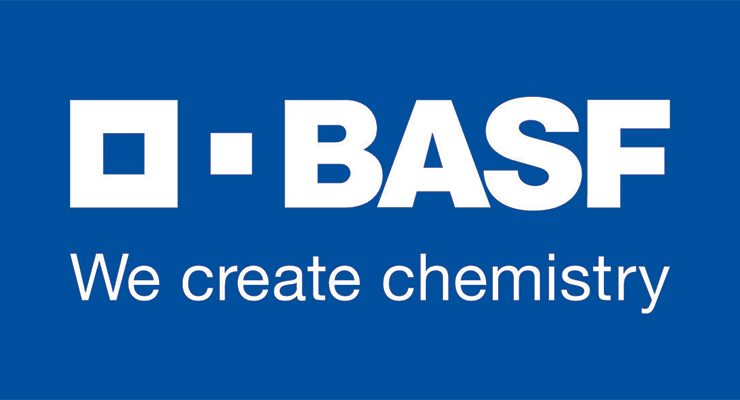01.30.24
BASF’s Coatings Division is engaging in discussions with industry partners, including industry associations, insurers, work providers, fleet and leasing operators as well as body shops, to establish a global certification standard in the automotive refinish industry to manage the growing demand for sustainable accident repairs and the need to create one uniform standard based on tested criteria.
The criteria will provide a guideline to body shops on how to become more sustainable. In addition, it will help them to prepare for the increasing legal requirements such as CO2 emission reports.
"We observe that the importance of sustainability is increasingly recognized in our industry, yet the industry is lacking in a set of uniform tools to empower them to do so holistically. At BASF, we continue to actively promote sustainability with our products and digital solutions so our customers can take better informed and accountable decisions. By using sustainable technologies and materials, companies can save energy and CO2, reduce their own costs, and contribute to the reduction of waste," explains Dr. Rahel Reichmann, head of sustainability, BASF Global Automotive Refinish Coatings Solutions.
First dialogues around the criteria for an industry-wide independent sustainability standard have taken place with relevant industry stakeholders in 2023. The standard draws upon a catalog of quantitative as well as qualitative criteria from the fields of ecology, economy and social affairs.
In February 2024, relevant industry stakeholders will get together to an industry meeting at TÜV Rheinland in Cologne, Germany. The goal is to agree on a joint approach that works for all players in the industry to launch one independent standard for the entire collision repair industry. Starting point is the German market with the aim to eventually extend the standard to Europe and then potentially go global.
"It is important to us to obtain a meaningful overall picture in the demanding selection of criteria, which is also practicable for the companies. This clear requirement comes from the industry – and we hope for further interested partners who want to help shape this task," explained Dr. Markus Piepenbrink, global sustainability at BASF Coatings.
At the same time, BASF Coatings will test the sustainability criteria as part of its digital business solution “Body Shop BOOST” with customers and partners in the pilot countries of Switzerland and Austria. The pilot is intended to show where body shops currently stand in terms of their level of sustainability and provide insights to further develop and sharpen the criteria of the planned sustainability standard.
The criteria will provide a guideline to body shops on how to become more sustainable. In addition, it will help them to prepare for the increasing legal requirements such as CO2 emission reports.
"We observe that the importance of sustainability is increasingly recognized in our industry, yet the industry is lacking in a set of uniform tools to empower them to do so holistically. At BASF, we continue to actively promote sustainability with our products and digital solutions so our customers can take better informed and accountable decisions. By using sustainable technologies and materials, companies can save energy and CO2, reduce their own costs, and contribute to the reduction of waste," explains Dr. Rahel Reichmann, head of sustainability, BASF Global Automotive Refinish Coatings Solutions.
First dialogues around the criteria for an industry-wide independent sustainability standard have taken place with relevant industry stakeholders in 2023. The standard draws upon a catalog of quantitative as well as qualitative criteria from the fields of ecology, economy and social affairs.
In February 2024, relevant industry stakeholders will get together to an industry meeting at TÜV Rheinland in Cologne, Germany. The goal is to agree on a joint approach that works for all players in the industry to launch one independent standard for the entire collision repair industry. Starting point is the German market with the aim to eventually extend the standard to Europe and then potentially go global.
"It is important to us to obtain a meaningful overall picture in the demanding selection of criteria, which is also practicable for the companies. This clear requirement comes from the industry – and we hope for further interested partners who want to help shape this task," explained Dr. Markus Piepenbrink, global sustainability at BASF Coatings.
At the same time, BASF Coatings will test the sustainability criteria as part of its digital business solution “Body Shop BOOST” with customers and partners in the pilot countries of Switzerland and Austria. The pilot is intended to show where body shops currently stand in terms of their level of sustainability and provide insights to further develop and sharpen the criteria of the planned sustainability standard.













